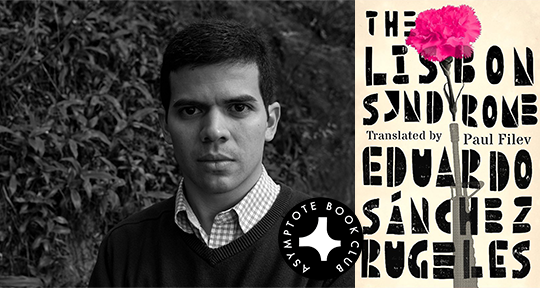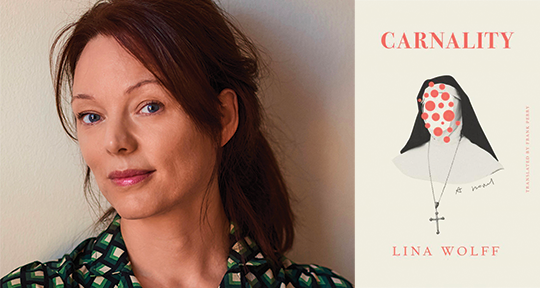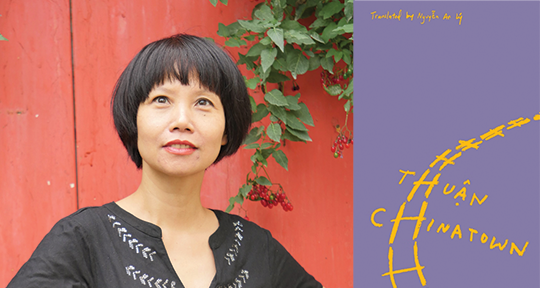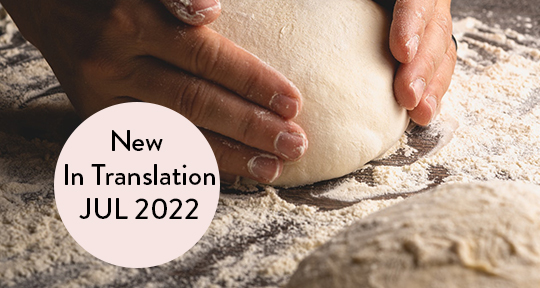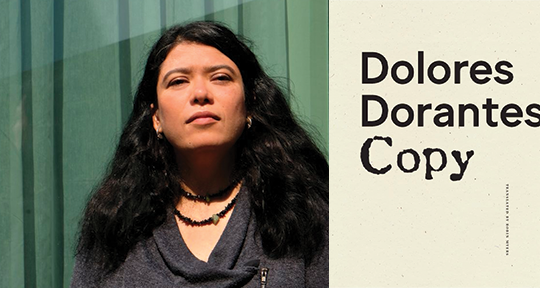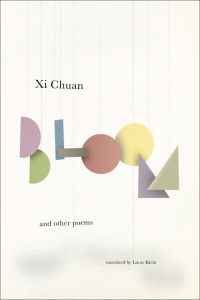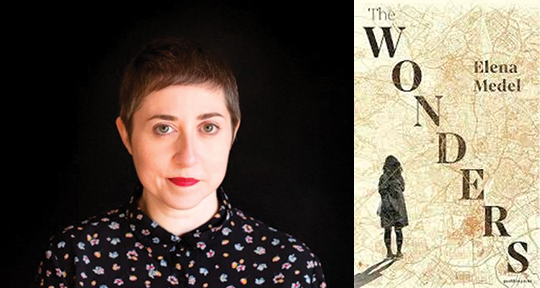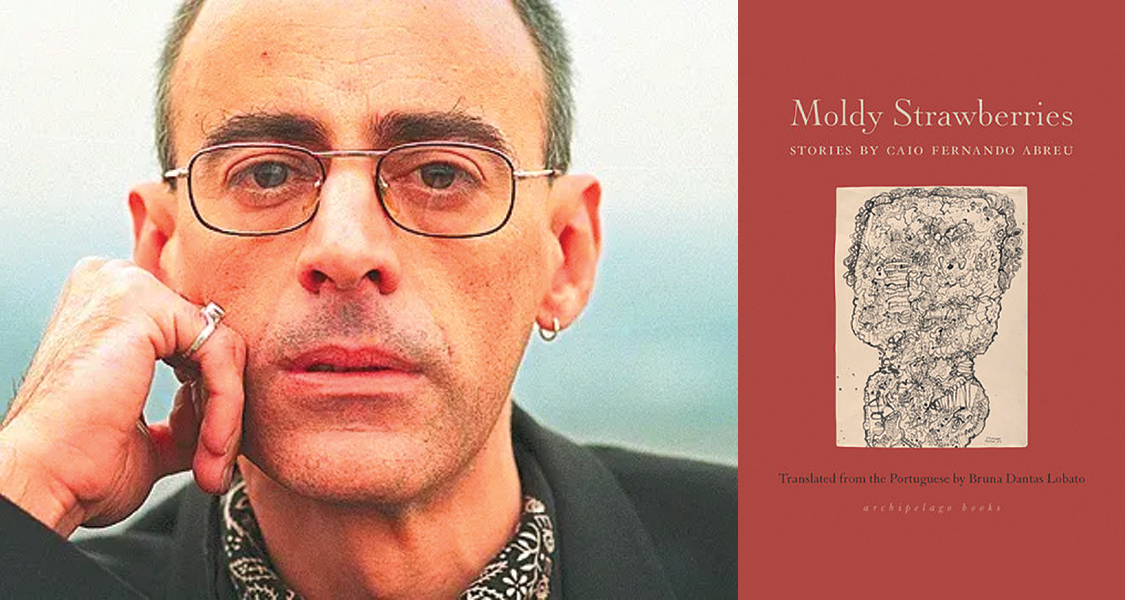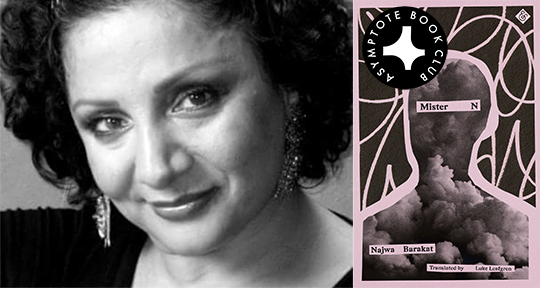In The Lisbon Syndrome, Venezuelan writer Eduardo Sánchez Rugeles movingly navigates the intricate conflux of tragedies both far away and close to home. Juxtapositioning the cities of Lisbon and Caracas as each is underlined by its own catastrophe, Rugeles positions a human perspective amidst events far beyond a single individual’s control, offering a glimpse at singular agency and narrative power behind greater systems of repression.
The Asymptote Book Club aspires to bring the best in translated fiction every month to readers around the world. You can sign up to receive next month’s selection on our website for as little as USD15 per book; once you’re a member, join our Facebook group for exclusive book club discussions and receive invitations to our members-only Zoom interviews with the author or the translator of each title.
The Lisbon Syndrome by Eduardo Sánchez Rugeles, translated from the Spanish by Paul Filev, Turtle Point Press, 2022
If a comet were to wipe away a major city, leading to the economic and political collapse of an entire continent, would it radically change how we live? It seems impossible to imagine a disaster of such proportions leaving us unaffected, but it depends on where you’re standing. After all, the apocalypse can take many forms; it’s not always as swift and ferocious as a comet. In Eduardo Sánchez Rugeles’s The Lisbon Syndrome, the eponymous catastrophe happens off-stage. The central locus of the story is Caracas, set in an alternative 2017 where the knowledge of Lisbon’s disappearance is scarcel the only wisps of information are those that manage to escape media and internet channels tightly controlled by the government. These crumbs, as well as a dark cloud enshrouding the sky over the Caribbean, are the only sure signs of a catastrophe big enough to arguably recalibrate how we think about human life and the universe. But if “discontent, hunger, and humiliation” is already part of the daily agenda in a world always at the brink of complete destruction, how can an apocalypse an ocean away be more pressing that that which is outside your door?
Nevertheless, the past and present histories of Venezuela and Portugal intertwine in this moving story about art and human resilience. The novel centers around Fernando, a high school teacher, and his benefactor Moreira, an elusive Portuguese immigrant. Alongside Moreira and his students’ involvement, Fernando has established a ramshackle theater company where—at the former’s explicit request—they perform only classics like Shakespeare and Brecht. The company sells tickets at a loss, and students, as they are disappeared one by one, replace each other in key roles. Fernando also brings his love for theater to the classroom, pushing his students to new, ever more daring heights—even when a particularly unorthodox take on Dante’s Divine Comedy (already dripping in political significance) lands them all in hot water with the government, setting the stage for future tragedies.
Both the preparation of performances and the theater space where they rehearse and dream (called La Sibila) come to be a sacred slice of space and time that anchors Fernando and his students against the rising tide of violence and repression sweeping Venezuela. As a literal war between the Venezuelan government and its citizens unfurls outside the walls of La Sibilia, inside the conversations are far more tender. Amid rehearsals, students drink and dream of becoming reggaeton superstars or classic ballerinas, but the discussion of dreams—a rehearsal in its own way—extends the students into a future so uncertain that Ferando feels guilty for even encouraging the possibility of such fantasies turning to reality. READ MORE…

